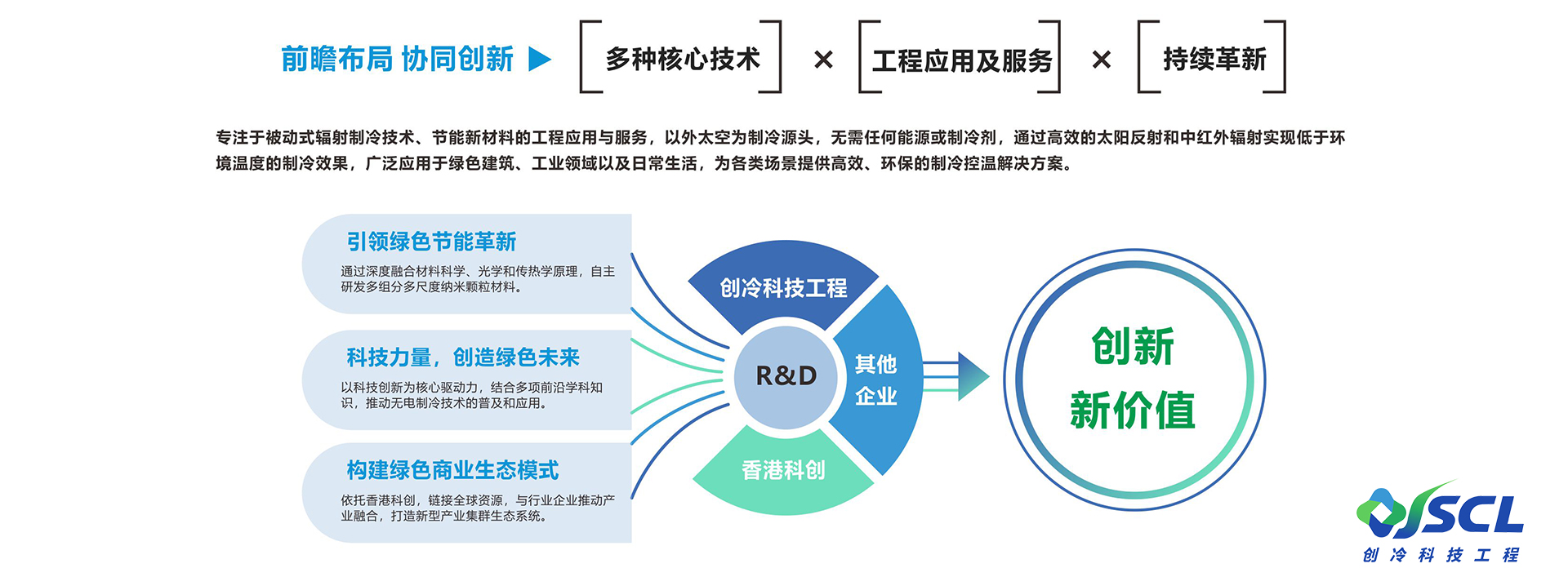
 LANGUAGE
LANGUAGE
Pilot Program FIRST: Focusing on Global Climate and Resource Challenges
In the first round of applications for the United Nations Decade of Science for Sustainable Development (2024-2033) (IDSSD), only 30 programs worldwide have been officially recognized by UNESCO. The selection results were officially announced on May 7th at the 10th United Nations Multi stakeholder Forum on Science, Technology and Innovation for Sustainable Development Goals. The Pilot Program (FIRST, full name Foster Innovation for Resilience and Sustainable Transformation) has been successfully selected. The Pilot Program (FIRST) will focus on global challenges such as rising temperatures, loss of biodiversity, unequal energy distribution, and water scarcity. It aims to enhance the overall resilience of the environment and society through affordable and scalable innovative technologies, with a particular emphasis on the response capabilities of resource constrained areas. These technologies directly align with multiple Sustainable Development Goals, including Goal 6 (clean water and sanitation), Goal 7 (affordable clean energy), Goal 11 (sustainable cities and communities), and Goal 13 (climate action).

Empowering vulnerable communities worldwide: promoting the localization of radiative cooling technology
As the core implementation unit of passive radiation refrigeration technology (i.e. electric refrigeration technology) in the pilot program, Chuangleng Technology will provide key support for the application of technology in high-temperature and resource scarce areas with a mature product system and global implementation experience, promote the role of electric refrigeration technology in a wider range of regions, and truly enter communities and serve the people.
Chuangleng Technology's electric refrigeration technology, based on in-depth research on materials science, optics, and heat transfer principles, independently develops multi-component and multi-scale nanoparticle materials to achieve efficient solar reflection and mid infrared radiation, effectively suppressing heat absorption and promoting heat release, achieving zero energy consumption refrigeration without the need for external power sources and refrigerants. Since its establishment, Chuangleng Technology has continuously applied electric refrigeration technology to high-temperature and resource fragile areas, exploring possible paths of "green cooling+social benefits".

Welcome to join us: working together for a sustainable future
Chuangleng Technology has launched the "Electricity free Cooling Action" and its technology has been implemented in multiple vulnerable communities at home and abroad, covering an area of over 7000 square meters, helping to improve the quality of life and adaptability of climate vulnerable communities. Globally, Chuangleng Technology's electric refrigeration technology has been applied in over 380000 square meters of scenarios, covering nearly 30 countries and regions, and landing over 200 application projects.
